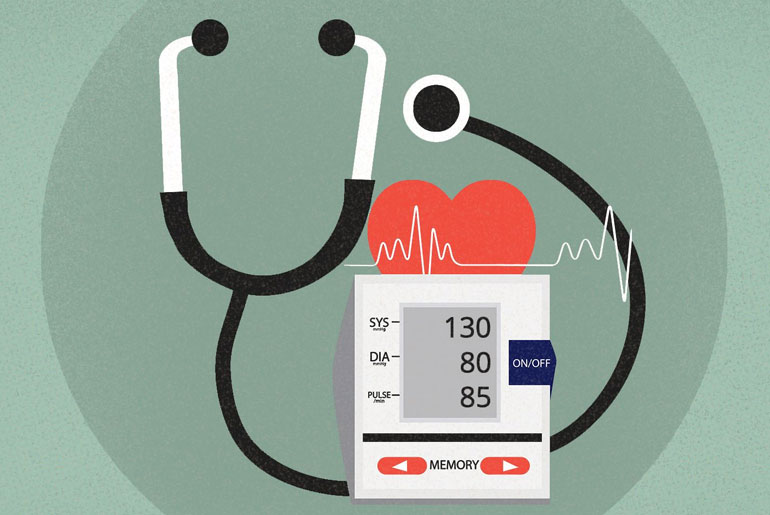The advancements in technology and the changes in modern lifestyle have indeed brought about significant progress in various aspects of human life. However, they have also introduced new challenges, including an increased susceptibility to certain lifestyle diseases. Hypertension, or high blood pressure, is a prime example of a health issue that has become more prevalent due to these changes.
Hypertension is a condition where the force of blood against the walls of the arteries is consistently too high. This places extra strain on the heart and can lead to serious health problems over time. While age is indeed a factor that can contribute to hypertension, it’s important to note that lifestyle choices and genetic factors also play a significant role.
Dr. Vaibhav Mishra, Director & Head – CTVS, Cardiac Surgery (CTVS), Cardiac Sciences, Max Super Speciality Hospital, Patparganj, speaks, “Young age was traditionally assumed to be immune to hypertension. Because the blood vessels are flexible and elastic, however, we cannot assume this in today’s world. There are a number of lifestyle changes which have been incorporated into our daily life making the youth more vulnerable to developing hypertension.”
He also revealed, “The modern lifestyle with all its stress, lack of sleep finding no time for exercise too much fast food and junk food and too much stress is there for all likely to increase the incidence of hypertension in today’s.”
The modern lifestyle, characterized by sedentary behavior, unhealthy dietary habits, stress, and lack of physical activity, has contributed to the rise of hypertension among younger individuals as well. Poor diet, excessive salt intake, obesity, lack of exercise, and chronic stress are known risk factors for developing hypertension at any age.
Regular exercise, maintaining a balanced and healthy diet, managing stress, getting enough sleep, and avoiding excessive alcohol and tobacco use are some of the strategies that can help prevent or manage hypertension. Routine check-ups with healthcare professionals are also important for early detection and management of the condition.
Dr Bharesh Dedhia, Chief, Department of Critical Care, P D Hinduja Hospital and Medical Research Centre, Khar, speaks, “One of the main causes of HTN (Hypertension) is an unhealthy diet and lifestyle. Many studies have demonstrated the relationship between blood pressure levels in young adults and dietary and lifestyle factors, including excessive salt intake, high fat intake, obesity, physical inactivity, sedentary behaviour, and insufficient sleep duration.”
“Additional factors include smoking, chewing tobacco, and drinking alcohol. These factors may also contribute to other metabolic disorders, such as insulin resistance, dyslipidemia, and inflammation, which can further aggravate HTN and its consequences. Children who have a high birth weight from birth to childhood have a greater risk of developing elevated blood pressure in childhood and youth life, but those who had a high birth weight but changed to a normal weight in youth do not have an elevated risk,” he further attached.
In today’s fast-paced world, it’s crucial for individuals to be proactive about their health and make conscious efforts to adopt healthy habits that can lower the risk of lifestyle diseases like hypertension. Balancing the benefits of technological progress with a focus on maintaining physical and mental well-being is key to leading a healthier life in the contemporary age.
Disclaimer:
The information contained in this article is for educational and informational purposes only and is not intended as a health advice. We would ask you to consult a qualified professional or medical expert to gain additional knowledge before you choose to consume any product or perform any exercise.








